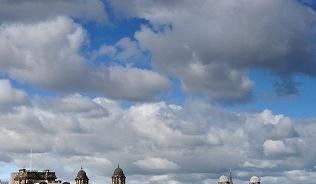In this event, we heard from Professor Chen Xuechu and Dr James Sippo, who shared details of their work in China and Australia. Case studies looking at coastal marshes in Shanghai and mangrove ecosystems were covered with a particular focus on the carbon sequestration taking place. The session closed by taking a look into the Australian Blue Carbon Method and its development.
This event was organised in collaboration with Future Earth Coasts as part of our Turning the Tide: systems thinking for a sustainable ocean project, which has been endorsed as a UN Ocean Decade Activity.
How can I get involved?
Join our dedicated mailing list to stay up to date on future Turning the Tide project activities and hear about ways to collaborate.
If you want to support the work of the IES to shape the future of the environmental sciences, consider becoming a professional member of the IES or join as an affiliate.
Other ways you can get involved include:
- Join our Marine and Coastal Science Community and attend our meetings twice per year
- Join our Marine and Coastal Science Community LinkedIn group
- Sign up to our upcoming events for the project as they are announced
- Let us know your perspective by contributing a blog or analysis piece for the IES website
- Get in touch to find out more about the project and explore ways you can collaborate





